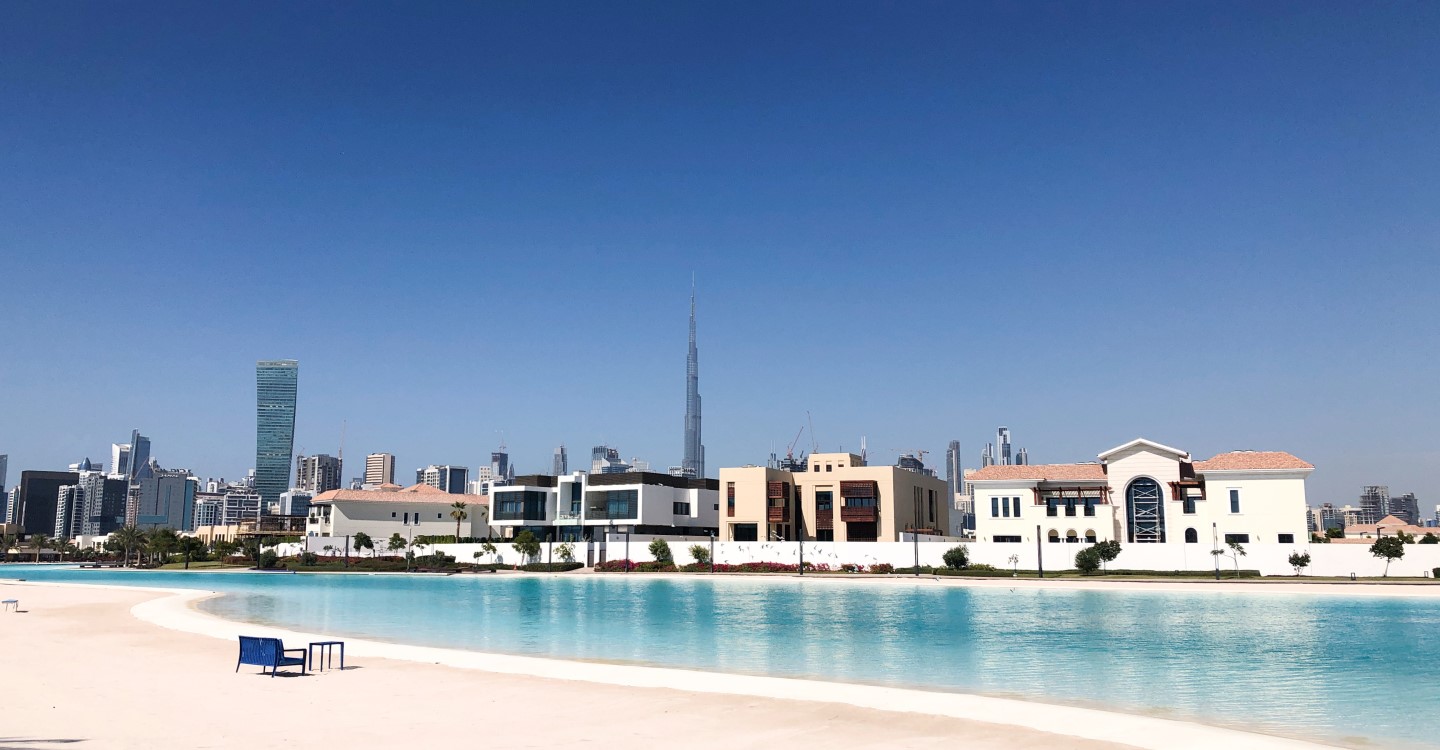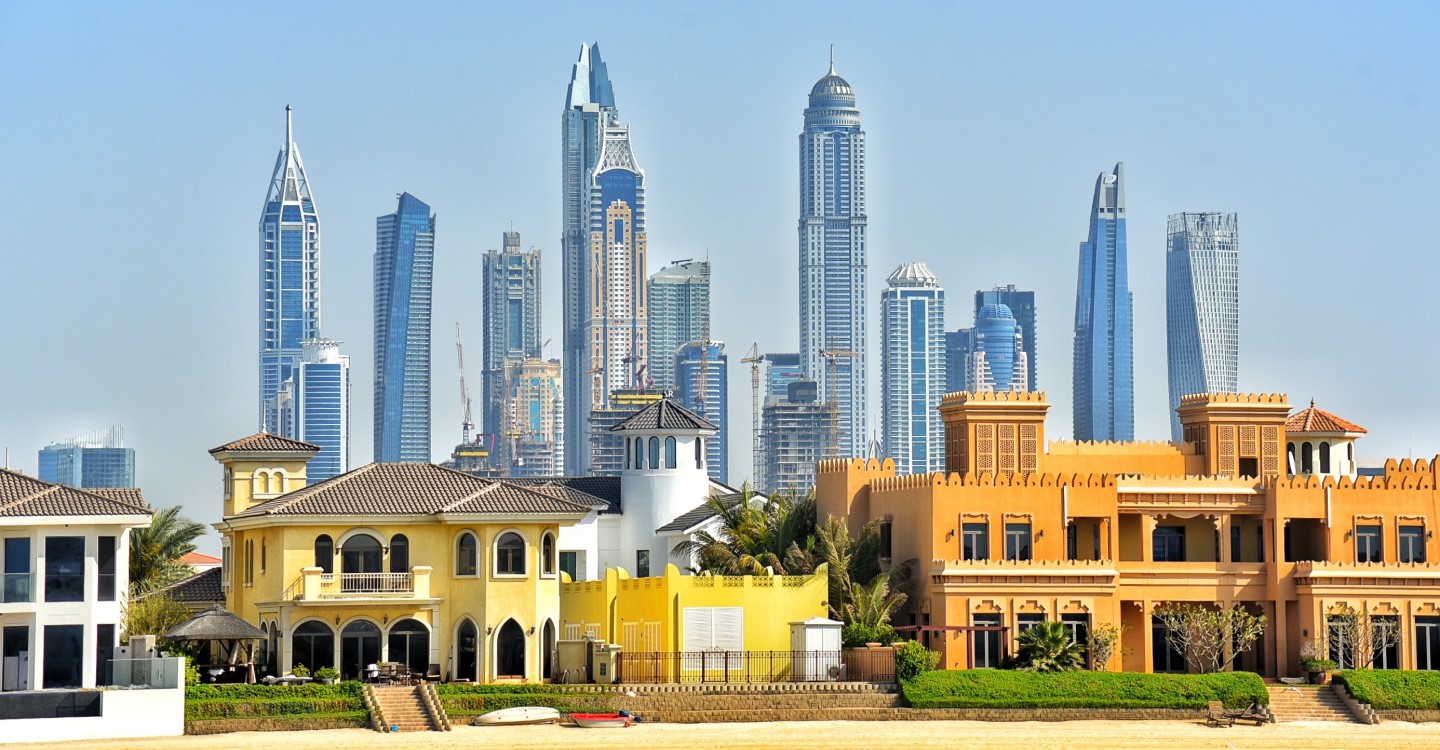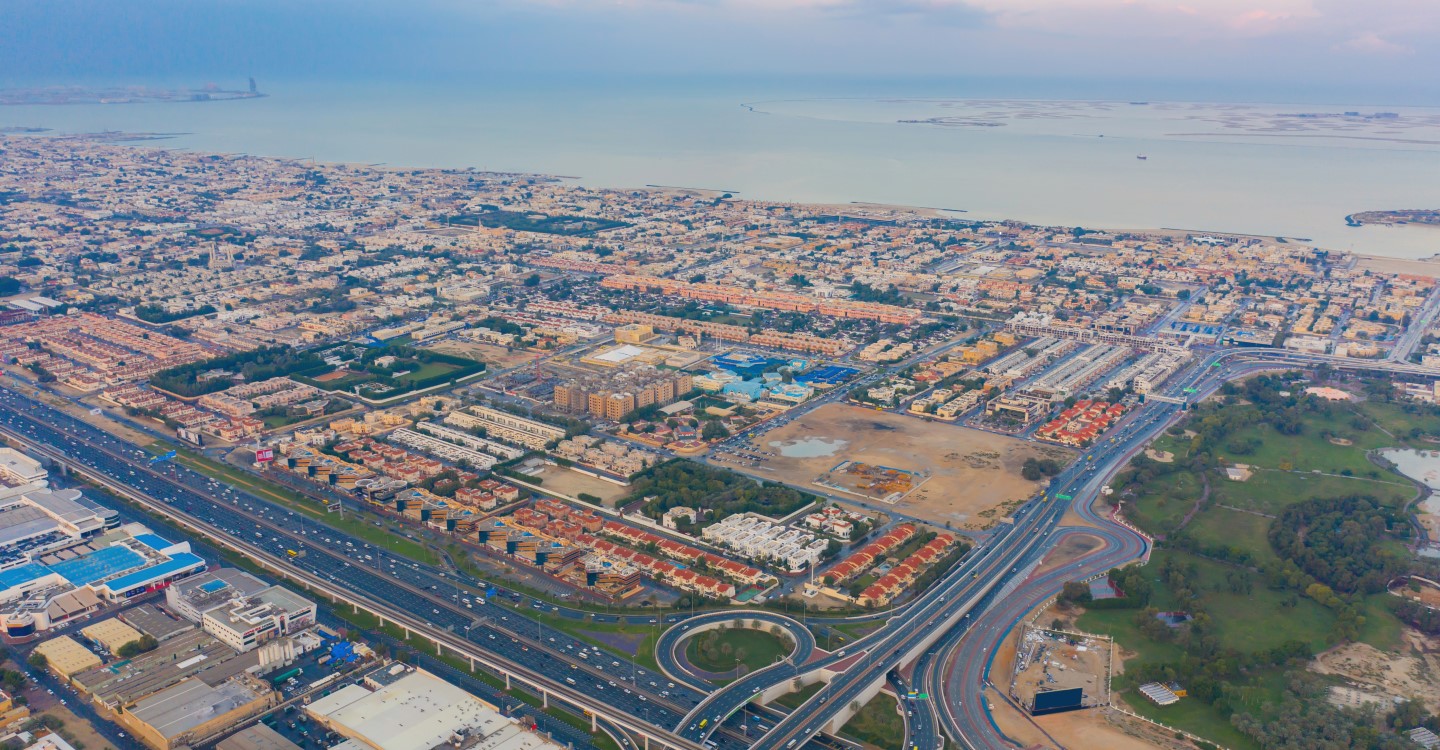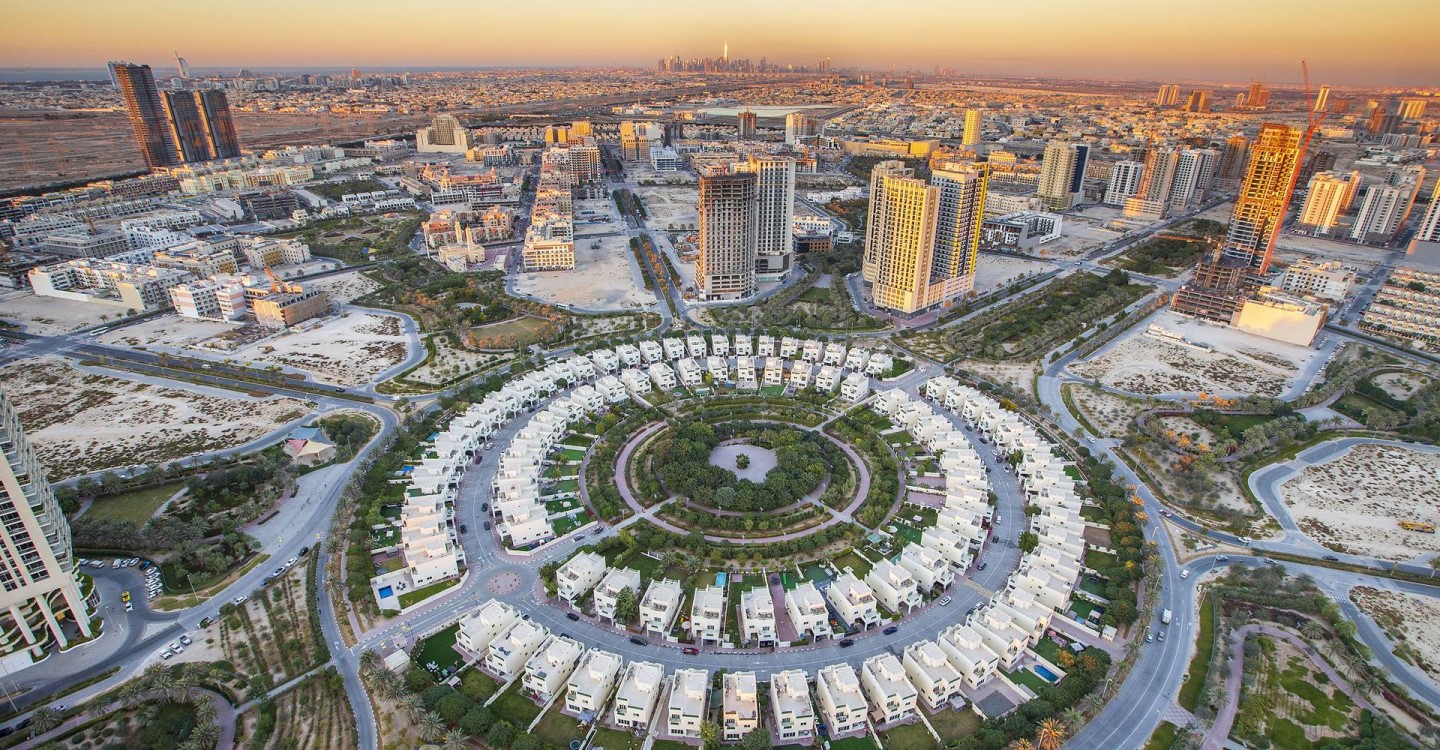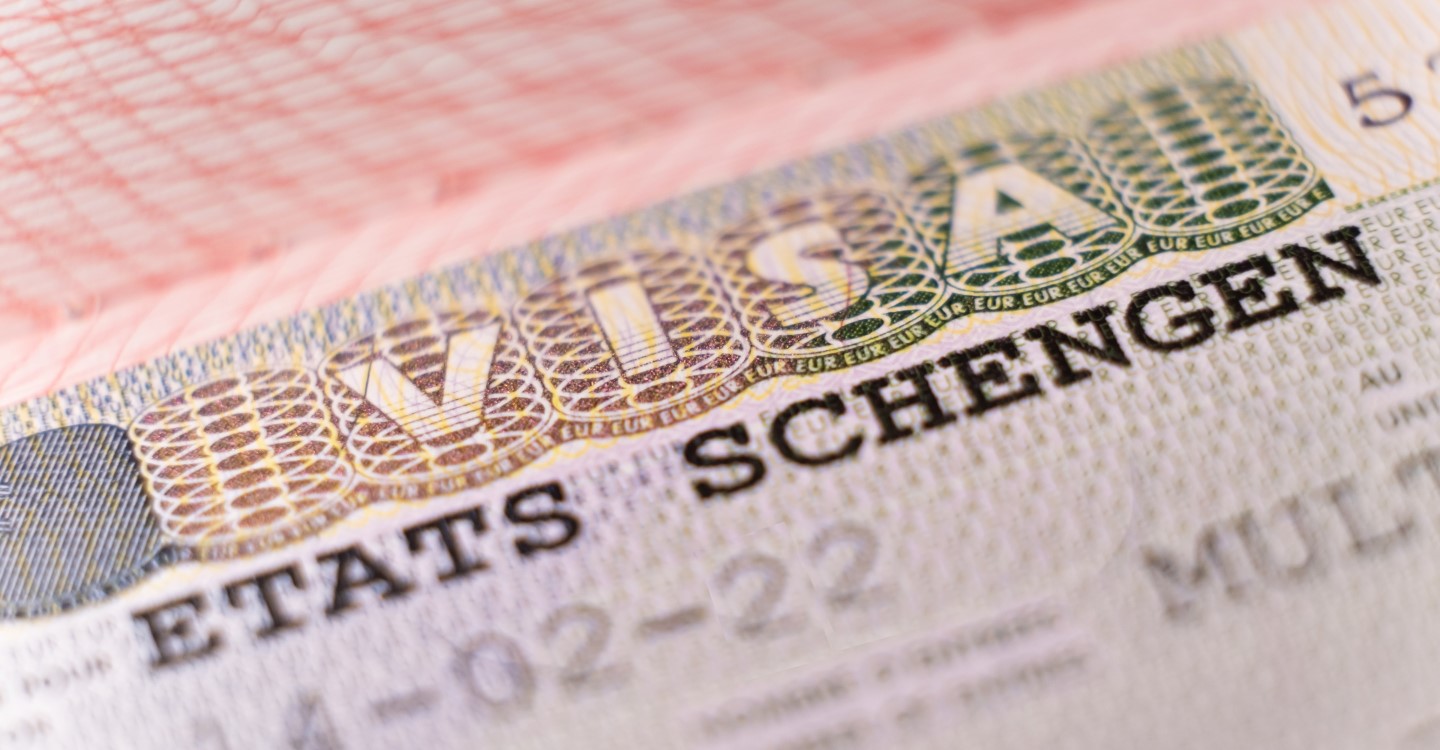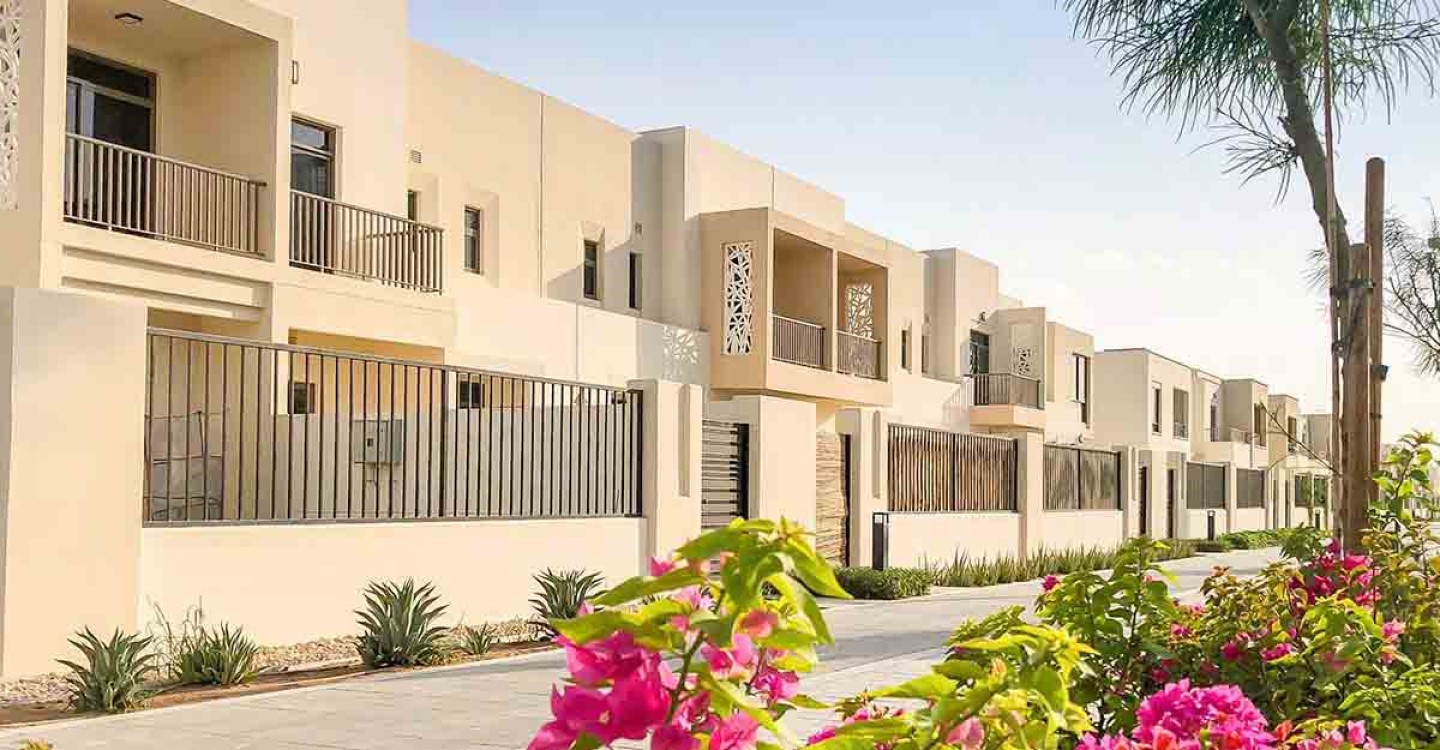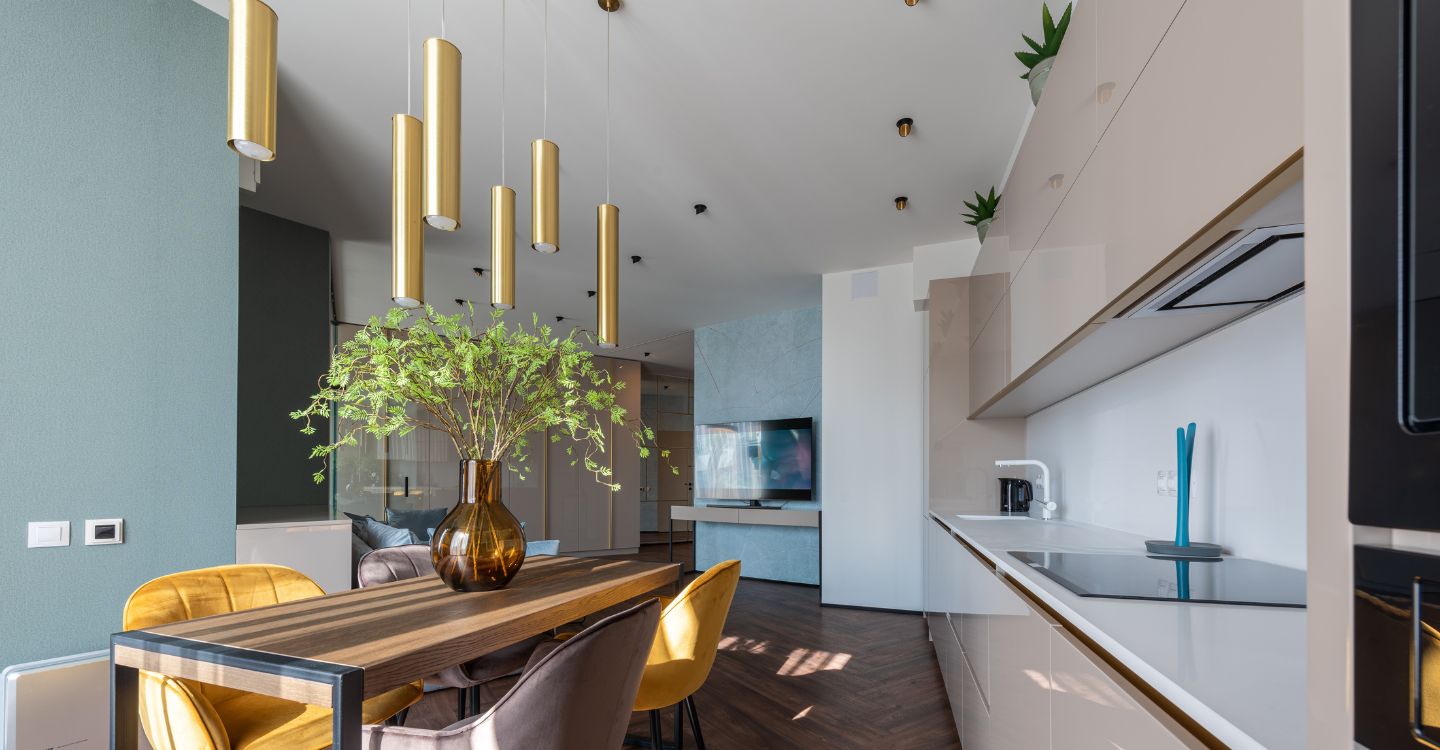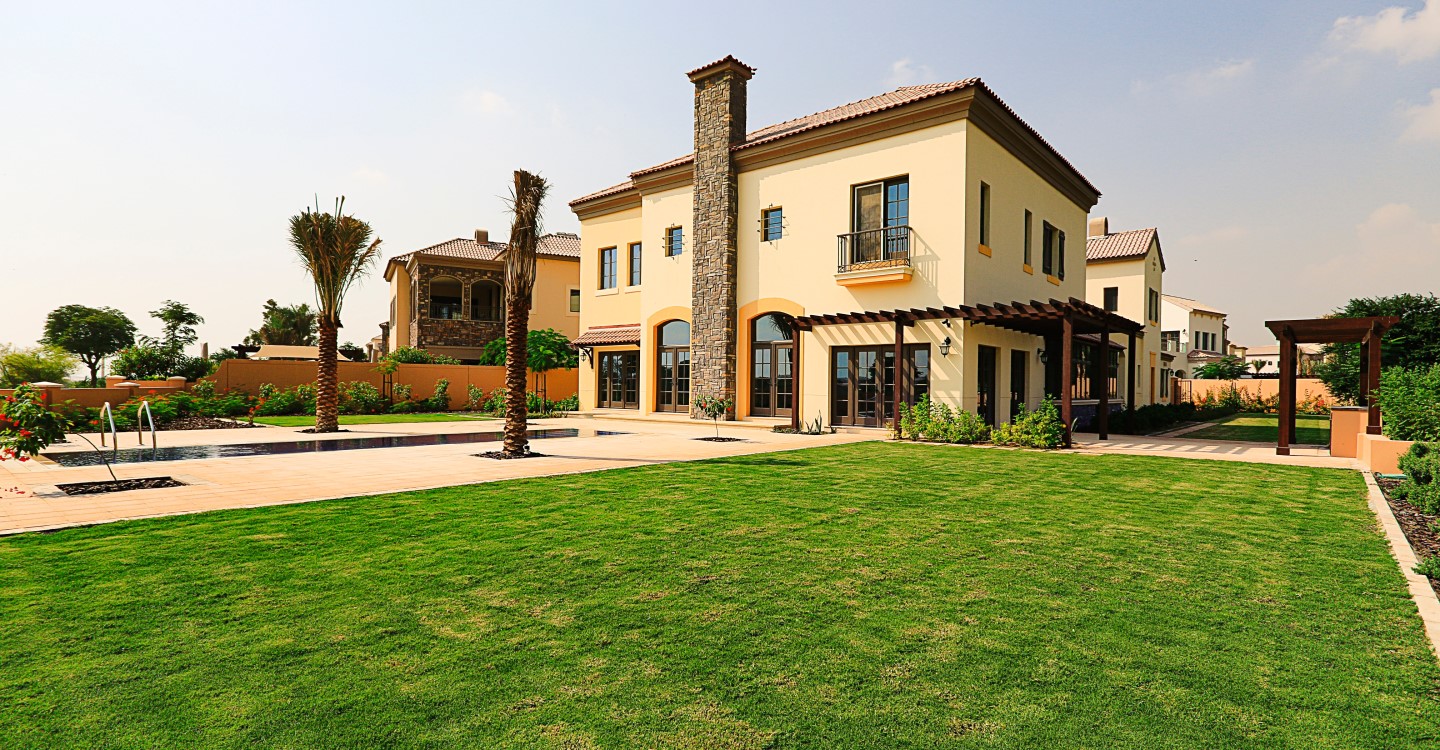Joint ownership of property has become an increasingly popular avenue for those eager to tap into the opportunities presented by Dubai’s ever-evolving real estate market. As one of the world’s leading cities, Dubai offers a unique blend of global appeal, a robust and growing economy, and a diverse array of real estate options, making it an attractive destination for both local and international investors. The concept of joint ownership, where two or more individuals share ownership of a property, is particularly appealing for a variety of reasons. For seasoned investors, it presents a way to diversify portfolios and leverage shared financial resources to access higher-value properties. For first-time buyers, it offers an entry point into the market that might otherwise be out of reach. Meanwhile, groups of friends, family members, or even business partners see joint ownership as an opportunity to pool their resources, share the financial burden, and collectively benefit from the property’s potential appreciation and income generation.
However, joint ownership in Dubai is not just about combining finances; it’s a strategic approach that requires a deep understanding of the market’s intricacies. The city's real estate landscape is governed by specific regulations and legal frameworks designed to ensure fair and transparent transactions, protect the rights of co-owners, and provide clarity on ownership structures.
Understanding these nuances is crucial for anyone considering joint ownership, as it involves not only the financial aspects but also legal responsibilities, decision-making processes, and long-term planning.
This article will explore the concept of joint ownership in Dubai in detail, offering insights into the key factors that make it an attractive option, the various benefits it provides, and the challenges that potential co-owners may face. Additionally, we will examine the legal framework that underpins joint ownership in Dubai, offering guidance on how to navigate the complexities of this form of property ownership. Whether you are an experienced investor looking to expand your holdings, a first-time buyer seeking a foothold in the market, or a group of individuals considering a collective investment, understanding the ins and outs of joint ownership is essential for making informed decisions in Dubai’s dynamic real estate market.
What is Joint Ownership?
Joint ownership, often referred to as co-ownership, is a form of property ownership where two or more individuals share ownership rights over a single property. This arrangement is becoming increasingly common in Dubai, especially as the city's real estate market continues to attract a diverse range of investors, from those looking to own residential properties to those interested in commercial real estate ventures. Under a joint ownership agreement, each co-owner holds a designated share of the property, which may either be equal or unequal, depending on the terms agreed upon by the parties involved.
The division of ownership shares is typically based on several factors, including the amount of money each individual contributes to the property's purchase. However, the ownership structure can also be tailored to suit the specific needs and preferences of the co-owners, allowing for flexibility in how the shares are allocated. For example, if one party invests more capital or assumes a larger portion of the financial risk, they may hold a larger ownership stake. Alternatively, the shares could be evenly split if all parties contribute equally to the investment.
In Dubai, joint ownership is not limited to residential properties; it also extends to commercial real estate, offering a range of opportunities for different types of investors. Whether it's a group of friends looking to buy a holiday home, a family pooling resources to purchase a larger residence, or business partners investing in a commercial property, joint ownership provides a pathway to collective property ownership that can be customized to fit the unique circumstances of the co-owners. This flexibility, combined with the ability to share the financial responsibilities and benefits of property ownership, makes joint ownership an appealing option for many in Dubai's vibrant real estate market.
Types of Joint Ownership
Dubai recognizes different types of joint ownership, each with distinct legal implications:
1. Tenancy in Common: Under this arrangement, co-owners hold individual shares in the property, which can be equal or unequal. Each owner has the right to sell, transfer, or will their share independently. Upon the death of an owner, their share passes to their heirs rather than automatically to the surviving co-owners.
2. Joint Tenancy: This arrangement is characterized by the right of survivorship, meaning that upon the death of one owner, their share automatically passes to the surviving co-owners. This type of ownership is commonly used by spouses or close family members.
3. Corporate Ownership: In cases where the property is owned by a company or corporate entity, the shareholders of that entity effectively become the joint owners. This structure is often used for commercial properties or large-scale investments.
Benefits of Joint Ownership
Joint ownership of property in Dubai offers several advantages, making it an appealing option for investors:
1. Shared Financial Responsibility: One of the most significant benefits is the ability to pool financial resources. By sharing the cost of purchasing, maintaining, and managing the property, co-owners can invest in higher-value properties that might otherwise be out of reach.
2. Diversification of Investment: Joint ownership allows investors to diversify their real estate portfolio. By spreading the investment across multiple properties, co-owners can reduce risk and enhance their potential for returns.
3. Flexibility in Ownership Structure: Dubai’s legal framework allows for flexibility in structuring joint ownership agreements. Co-owners can decide on the proportion of ownership, responsibilities, and how profits or proceeds will be divided.
4. Enhanced Investment Opportunities: Joint ownership opens doors to investment opportunities that might not be accessible to individual investors. This is particularly relevant in Dubai’s luxury real estate market, where high-value properties are in high demand.
5. Succession Planning: Joint ownership, especially in the form of joint tenancy, can be an effective tool for succession planning. It ensures a smooth transfer of ownership in the event of a co-owner’s death, providing peace of mind for families.
Challenges and Considerations
While joint ownership offers numerous benefits, it also comes with certain challenges and considerations that potential co-owners should be aware of:
1. Decision-Making Conflicts: With multiple owners, decision-making can become complex. Disagreements over the use of the property, maintenance, or selling can lead to conflicts. It’s crucial to have a clear agreement in place that outlines how decisions will be made and disputes resolved.
2. Financial Liabilities: Co-owners are jointly responsible for the financial obligations related to the property, such as mortgage payments, maintenance costs, and property taxes. If one co-owner fails to meet their financial responsibilities, the others may have to cover the shortfall.
3. Exit Strategy: It’s important to have an exit strategy in place from the outset. Co-owners should agree on how the property will be valued and sold if one or more parties wish to exit the arrangement.
4. Legal Implications: Understanding the legal implications of joint ownership is essential. The type of ownership chosen (tenancy in common or joint tenancy) will have different consequences for inheritance, taxation, and transfer of ownership.
Legal Framework Governing Joint Ownership in Dubai
Dubai’s real estate market is regulated by a robust legal framework designed to protect the rights of property owners, including those in joint ownership arrangements. Some key legal considerations include:
1. Dubai Land Department (DLD): All property transactions, including joint ownership, must be registered with the DLD. The department ensures that the rights of all parties are protected and that the ownership structure is clearly documented.
2. Ownership Agreement: It’s highly advisable for co-owners to draft a comprehensive ownership agreement that outlines the terms and conditions of the joint ownership. This agreement should cover aspects such as the division of ownership shares, financial responsibilities, decision-making processes, and dispute resolution mechanisms.
3. Inheritance Laws: In Dubai, inheritance laws for non-Muslims are governed by the law of the deceased’s home country unless otherwise specified in a will. However, it’s important to note that joint tenancy arrangements with the right of survivorship may override certain inheritance provisions.
4. Taxation: While Dubai does not impose income tax or capital gains tax on property transactions, co-owners should be aware of other potential costs, such as registration fees, transfer fees, and service charges.
Conclusion
Joint ownership of property in Dubai presents a compelling opportunity for investors seeking to maximize their real estate holdings while sharing financial responsibilities. However, it requires careful planning, clear agreements, and a thorough understanding of the legal framework to ensure a successful and harmonious co-ownership arrangement. By addressing potential challenges upfront and working closely with legal and financial advisors, co-owners can enjoy the benefits of joint ownership while navigating the complexities of Dubai’s dynamic real estate market. Whether you’re investing with family, friends, or business partners, joint ownership can be a powerful strategy to achieve your real estate goals in one of the world’s most exciting property markets.













